Oil prices have surged as Iran maintains its threat to close its global shipping route after Donald Trump blew up the country's nuclear bases.
Asian markets traded lower today amid concerns of disruption to energy markets after the US air strikes 'obliterated' Iran's nuclear facilities on Saturday night.
The dollar strengthened as traders assessed the weekend's events, with Iran threatening US bases in the Middle East as fears grow of an escalating conflict in the volatile region.
Iran is the world's ninth-biggest oil-producing country, with output of about 3.3 million barrels per day.
It exports just under half of that amount and keeps the rest for domestic consumption.
If Tehran decides to retaliate, observers say one of its options would be to close the strategic Strait of Hormuz - which carries 20 per cent of global oil output.
When trading opened today, Brent and the main US crude contract WTI both jumped more than four per cent to hit their highest price since January.
They pared these gains however and later in the morning Brent was up 2.1 per cent at $75.43 per barrel and WTI was 2.1 per cent higher at $78.64.

Economists at MUFG warned of 'high uncertainty of the outcomes and duration of this war', publishing a 'scenario analysis' of an oil price increase of $10 per barrel.
'An oil price shock would create a real negative impact on most Asian economies' as many are big net energy importers, they wrote, reflecting the market's downbeat mood.
Tokyo's key Nikkei index was down 0.6 per cent at the break, with Hong Kong losing 0.4 per cent and Shanghai flat. Seoul fell 0.7 per cent and Sydney was 0.8 per cent lower.
The dollar's value rose against other currencies but analysts questioned to what extent this would hold out.
'If the increase proves to be just a knee-jerk reaction to what is perceived as short-lived US involvement in the Middle-East conflict, the dollar's downward path is likely to resume,' said Sebastian Boyd, markets live blog strategist at Bloomberg.
US Defense Secretary Pete Hegseth said Sunday that the strikes had 'devastated the Iranian nuclear programme', though some officials cautioned that the extent of the damage was unclear.
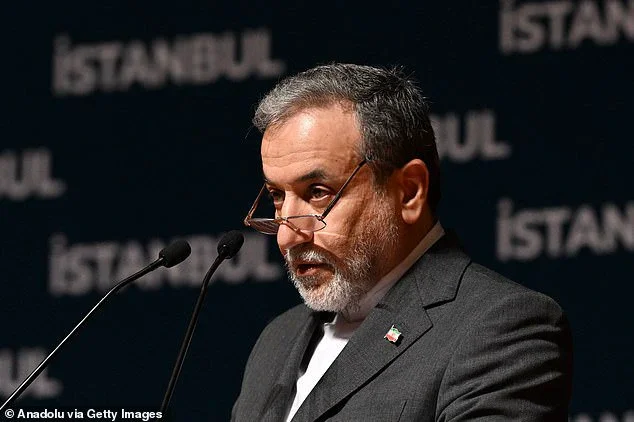
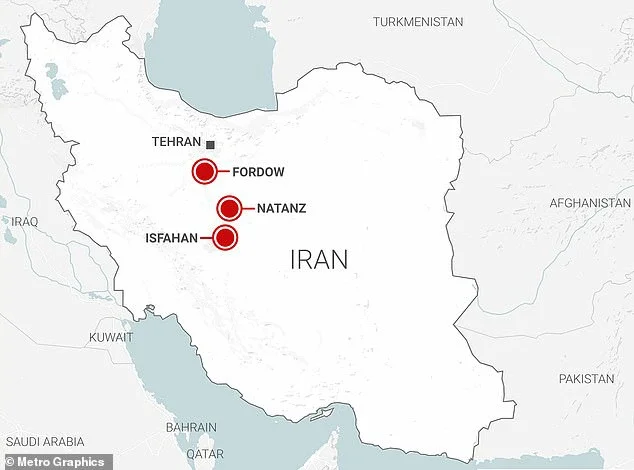
It comes after Israel launched a bombing campaign against Iran earlier this month.
Chris Weston at Pepperstone said Iran would be able to inflict economic damage on the world without taking the 'extreme route' of trying to close the Strait of Hormuz.
'By planting enough belief that they could disrupt this key logistical channel, maritime costs could rise to the point that it would have a significant impact on the supply of crude and gas,' he wrote.
At the same time, 'while Trump's primary focus will be on the Middle East, headlines on trade negotiations could soon start to roll in and market anxieties could feasibly build'.


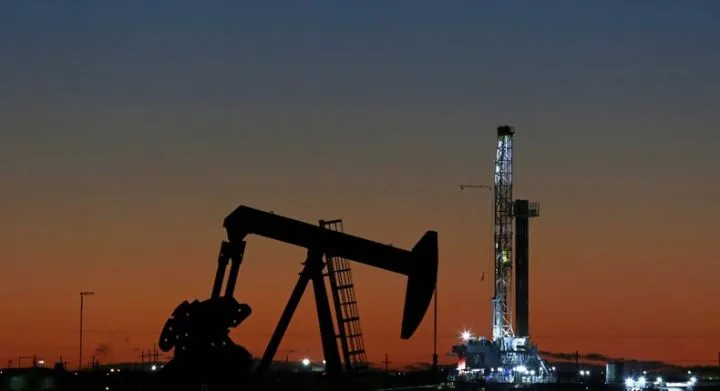
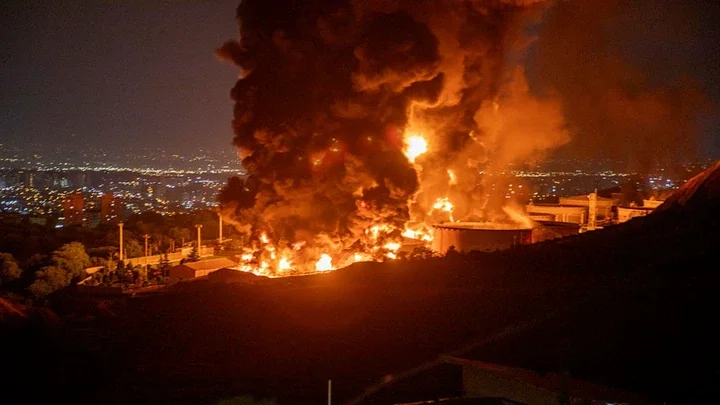


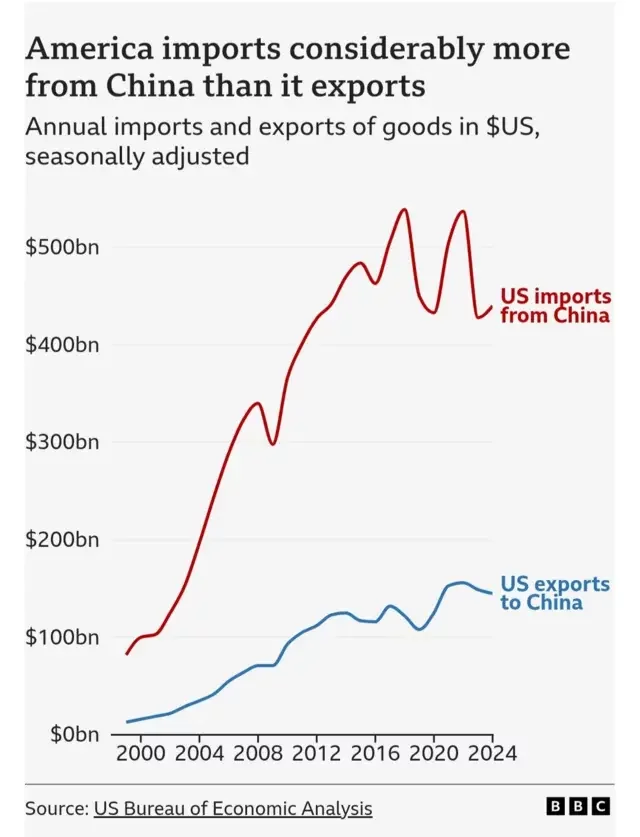









Comments